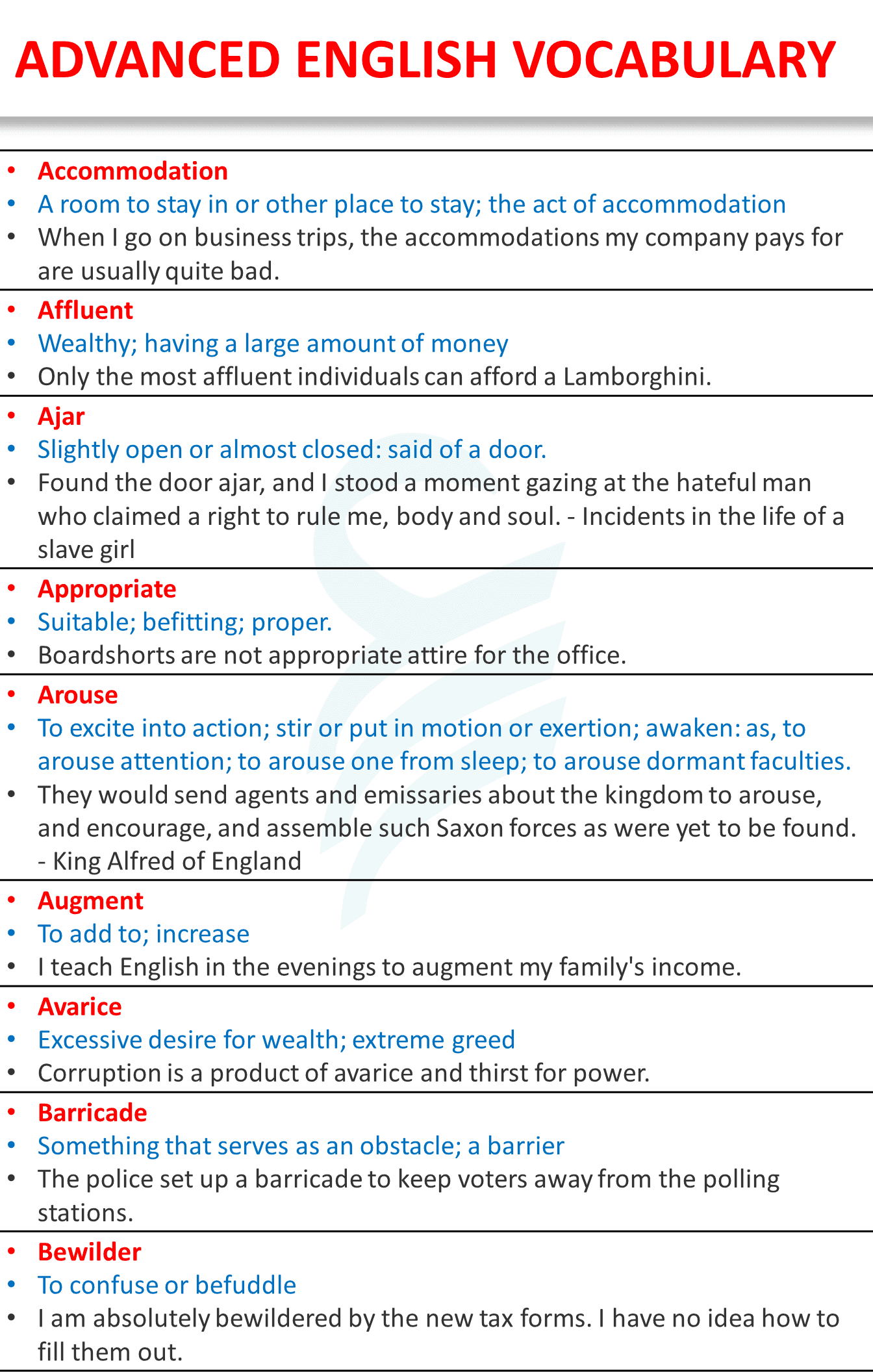Expanding your vocabulary is essential for effective communication and writing. By learning new words and their meanings, you can better express yourself and convey your thoughts clearly. In this article, we will explore some vocabulary words along with their meanings and examples in sentences.
Building a strong vocabulary not only enhances your language skills but also improves your cognitive abilities. It enables you to understand complex texts, express your ideas more precisely, and engage in meaningful conversations with others. Let’s delve into some interesting vocabulary words and how they can be used in sentences.
Vocabulary Words Meanings and Sentences
1. Pernicious (adjective)
Meaning: Causing harm or destruction, deadly
Sentence: The pernicious effects of smoking on one’s health are well-documented.
2. Eloquent (adjective)
Meaning: Fluent or persuasive in speaking or writing
Sentence: The politician delivered an eloquent speech that moved the audience to tears.
3. Ubiquitous (adjective)
Meaning: Present, appearing, or found everywhere
Sentence: In today’s digital age, smartphones have become ubiquitous in our daily lives.
4. Serendipity (noun)
Meaning: The occurrence of events by chance in a happy or beneficial way
Sentence: Their unexpected encounter at the bookstore was a delightful serendipity that led to a lifelong friendship.
5. Resilient (adjective)
Meaning: Able to withstand or recover quickly from difficult conditions
Sentence: Despite facing numerous setbacks, she remained resilient and never lost hope.
Expanding your vocabulary not only helps you communicate effectively but also enhances your overall cognitive abilities. By learning new words and their meanings, you can enrich your language skills and express yourself more clearly. Start incorporating these vocabulary words into your daily conversations and writing to further enhance your linguistic proficiency.
